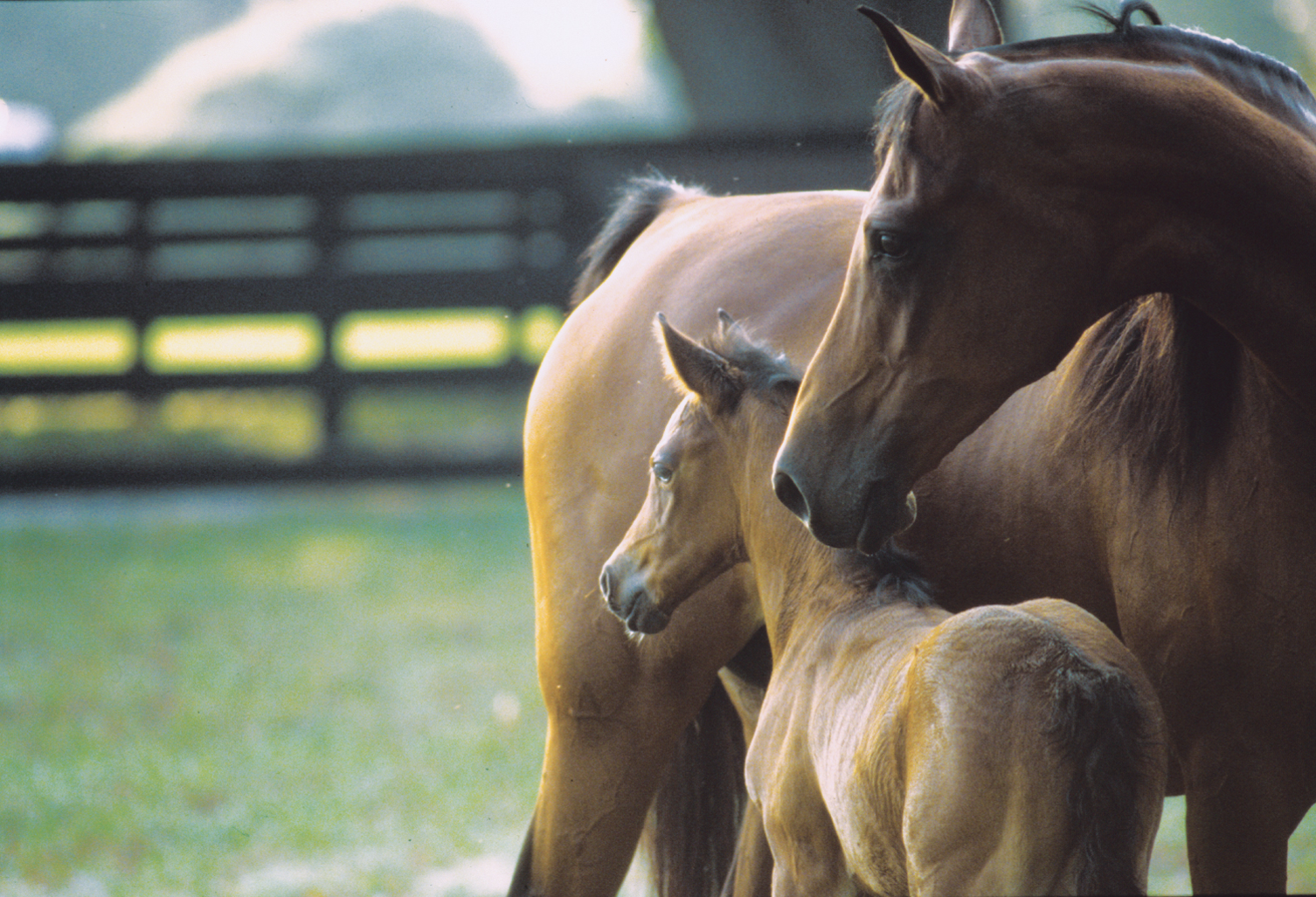From

Research Shows Inbreeding Is Increasing Rapidly Among Thoroughbred Racehorses
Research Shows Inbreeding Is Increasing Rapidly Among Thoroughbred Racehorses
New research by scientists at University College Dublin and equine science company Plusvital has established that there has been a significant rise in inbreeding levels in the global thoroughbred population over the last 45 years.The research, published this week in the peer-reviewed journal Scientific Reports, analysed the genomes of over 10,000 thoroughbreds, the largest set of horses examined to date. The research linked the increase in inbreeding to selection for favourable racing traits and the influence of popular sire lines – 97% of horses in the study traced to Northern Dancer, and 35% and 55% of European and Australian horses had Sadler’s Wells and Danehill, respectively, in their pedigrees. Selection for popular sire lines reduces genetic diversity which can lead to inbreeding depression.
The research team was led by UCD Professor in Equine Genomics, Emmeline Hill, who is also Chief Science Officer with Plusvital.
Professor Hill said: “Inbreeding has always been high in Thoroughbreds, but it is getting higher. It is likely that, unchecked, inbreeding in the Thoroughbred will continue to increase in a market where there is high demand for particular sire lines. The problem with inbreeding is that it can compromise overall population fertility and health. This is a highly significant issue akin to global warming, where inbreeding is accumulating in the population, that must be addressed at an industry-wide level.”[vc_single_image image=”14001″ img_size=”full” alignment=”center”]
“Pedigree is not powerful enough to help anymore”
Unlike most managed animal production systems, there is no systematic, industry-mediated genomic selection or population management for the Thoroughbred.
However, Professor Hill stressed that solutions to this issue now exist. “Our new data can assist the industry to monitor inbreeding and DNA-based tools have been developed that individual breeders can use to reduce the problem by choosing genetically diverse stallions for their mares.
“Pedigree is not powerful enough to help anymore. Pedigree can be useful in highlighting broad trends in breeding practices, such as the predominance of certain sire lines leading to a high degree of relatedness. However, since Thoroughbreds are now so closely related, there is no longer the resolution in a pedigree to accurately infer relatedness between individuals,” said Professor Hill.
“Multiple studies show that pedigree-based estimates of relatedness are less accurate than DNA-based methods which measure the true genetic relationship between individuals. Suitable outcrosses will be best identified using genetic data.”
Higher inbreeding is not associated with superior racing performance, and Professor Hill reiterated that the research should be seen as a positive for the industry. “The purpose of this research is not to upset or disrupt an industry that works every day in the best interest of the horse, but rather to provide information that, if harnessed in the appropriate way, could be beneficial to ensure the future sustainability of the breed.”
Read the full research paper behind this study here.
Learn more about Plusvital’s range of cutting-edge genetic tests for Thoroughbreds here.